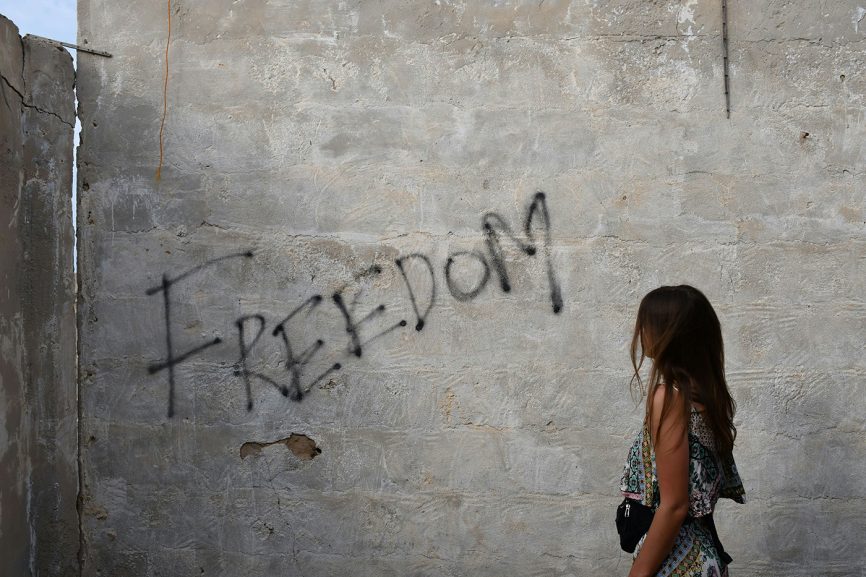By: Rev. Laura Robinson
Have you ever read a book that simultaneously blows your mind, shifts your thinking of the church, and the legacy of Christian theologies in our past and present – in this country and around the globe? I’m in the midst of just that book.
“The Land is Not Empty: Following Jesus in Dismantling the Doctrine of Discovery” by Sarah Augustine follows her life’s work of drawing attention to the ways the early doctrines of Discovery continue to shape our legal system, church policies, and action (or in-action), and our global realities of ongoing disenfranchisement, erasure and oppression for Indigenous people and the land they call sacred.
Early on, dismayed by the World Council of Churches’ lack of response to Indigenous leaders calling for dismantling the Doctrine of Discovery, Augustine shares her feelings with a secular activist. Their response is short and to the point “I don’t know what you expect; the church is a conquered people. They have signed a treaty with the state, and for staying out of trouble they get their tax exemption.”
Harsh words? Perhaps. True words? Probably more than most of us would like to admit. And that perspective? The church as “a conquered people?” To navigate that we are not just the conquerors, not just the oppressors, but the conquered ourselves? That has me thinking about my call a little differently.
What if, as ministers, as leaders, as followers of Jesus, we took seriously the call to liberate the church? What if we considered liberation not just inside its walls, but of the entire system? I can already hear my own voice and the voices of many others, telling me that people are already doing this work! I know, and thank God – isn’t that fantastic, heart-filling news? So many people in the Mainline Protestant Church are doing critical, liberating work. But there is so much more work to be done.

One of the reasons I went to seminary was because I was disenfranchised with the direction I saw the church heading. I LOVED church growing up. It wasn’t without its problems, but it taught me that I, as a queer, oddball, messy, party-loving, and spiritually-seeking person, was utterly beloved of God. No matter my questions, no matter my attire or attitude on Sunday mornings, I was beloved.
Six years into pastoral ministry I’ve found myself struggling to love the church and the institutions that support it. I find myself wondering if substantive change is truly possible. But when I think about the church as a conquered people, I feel hope. Because if that’s true, then at least some of the work is clear. The work is to join God in the act of liberation.
I also find it fair to ask: is the church worthy of liberation? Is it worthy of redemption after all the harm, all the pain, all the suffering it’s caused? Fannie Lou Hamer famously reminds us, “No one is free until everybody’s free.” Likely that means the church too. Maybe once we understand we’re trying to get the whole system free (including ourselves), we’ll have the courage to leave behind the power, comfort, and false sense of safety that white supremacy, colonialism, and the empire have provided for far too long.
I hope we see more and more of us leaving those tenants behind. May your church, or my church, be the next to go. And may our collective journey toward liberation be blessed by a life-giving and joyful God – eager to have us on board – on the side of life.
At Convergence, you’ll find a small but mighty team of folx who love the church. We’re interested in growing, evolving, and learning as we journey towards liberation. And we’re interested in doing it with you.
What could liberation look like for your church? Maybe it’s Convergence’s Anti-Racism Training for Leaders, an upcoming webinar on “Life After Doom” with Brian McLaren, or Summit Conversations about re-imagining how we engage children and families in our communities. Whatever it is, we’re here for your journey even as we embark on our own.

